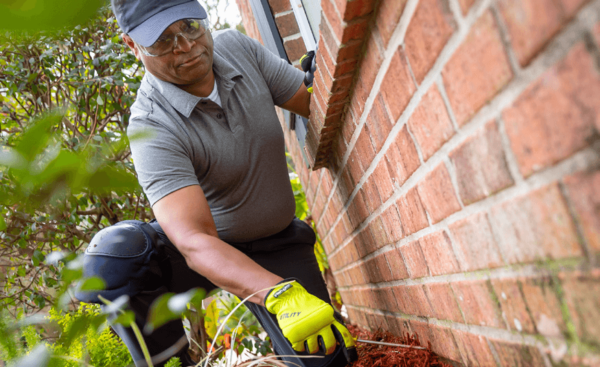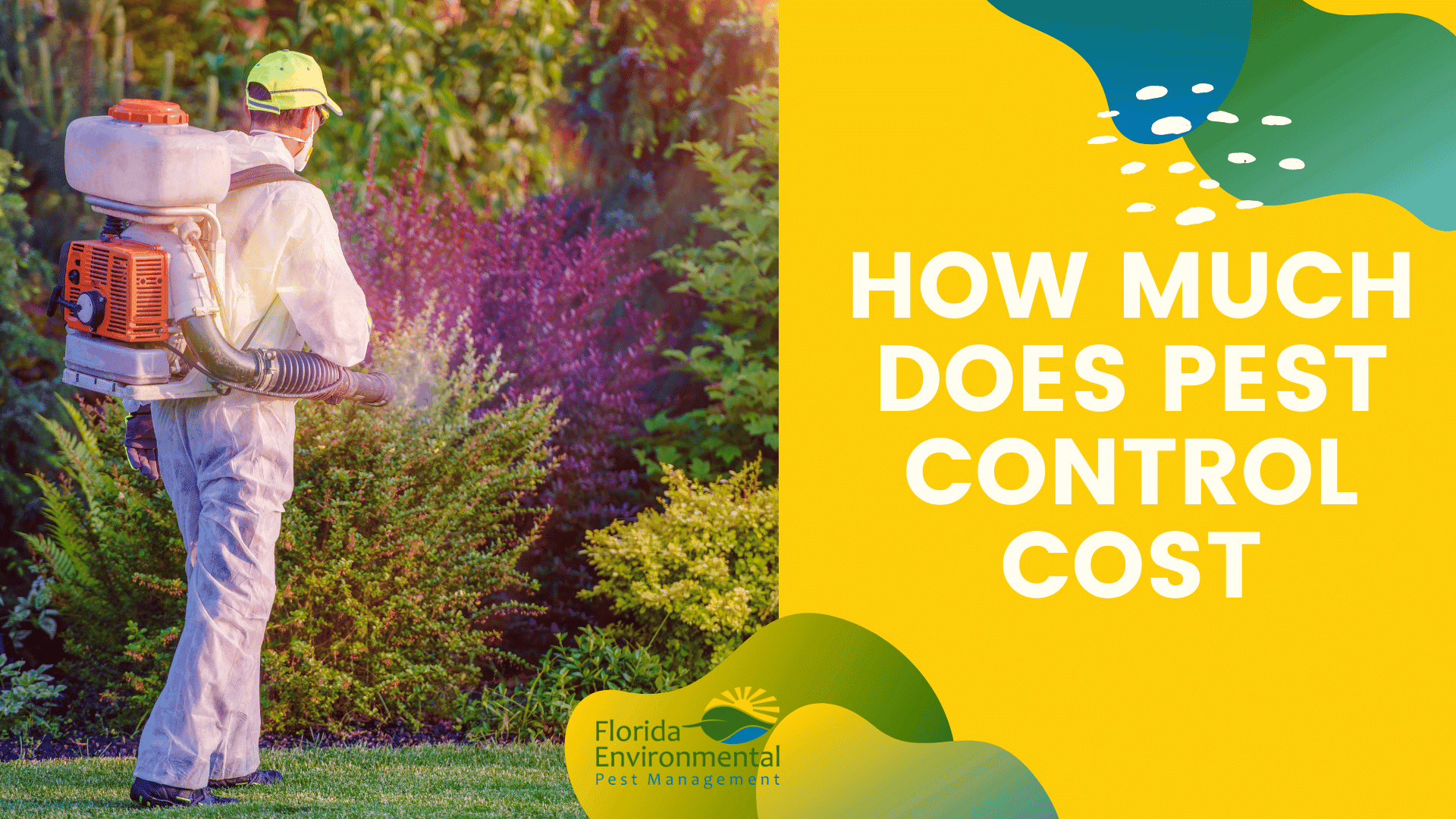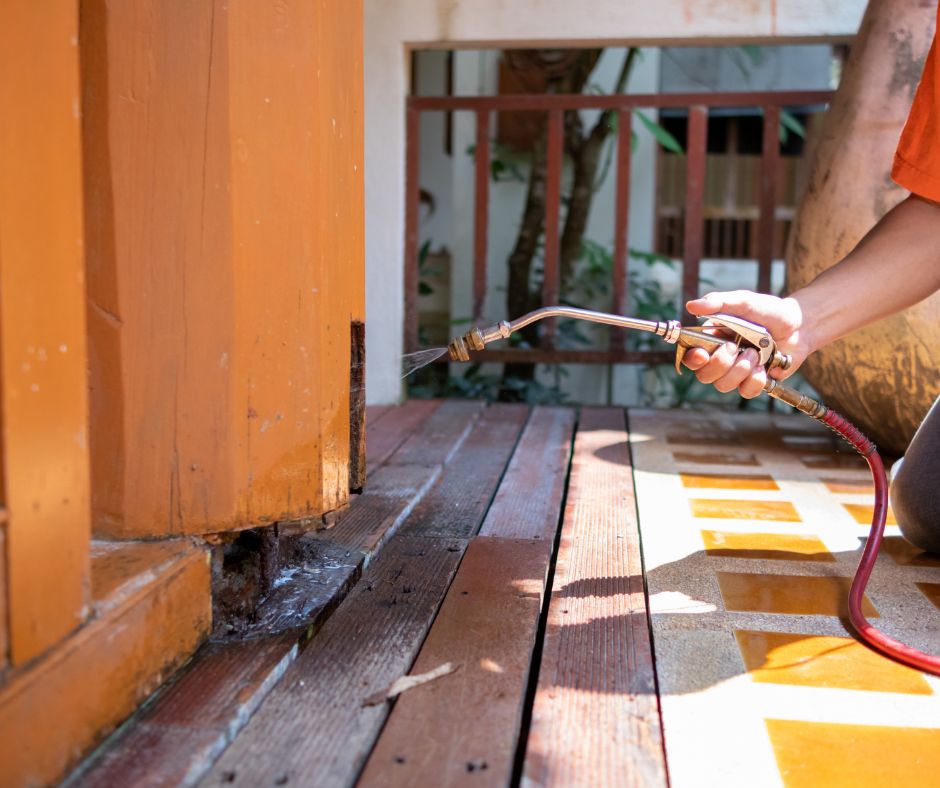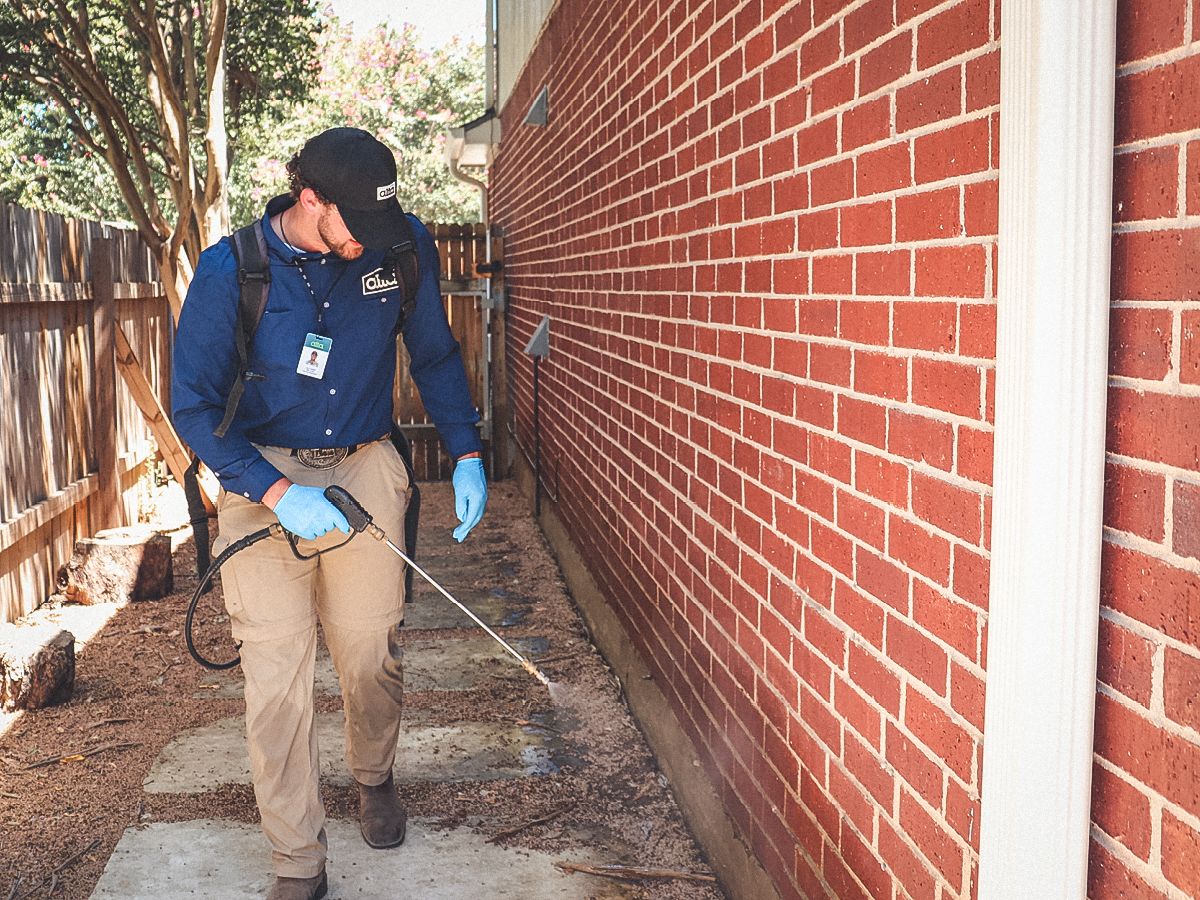Dependable Rodent Control Port Charlotte to Keep Your House Pest-Free
Reveal the Value of Pest Control in Preserving a Healthy Setting and Treatment Strategies

The Function of Parasites in Communities
Parasites, typically watched entirely as hassles, play a multifaceted role in environments that is vital for preserving ecological equilibrium. They add substantially to numerous environmental procedures, including pollination, nutrition biking, and parasite control. Several insect species, such as butterflies and , are essential pollinators for a broad variety of plants, which in turn sustains biodiversity and food manufacturing.
In addition, pests act as prey for numerous predators, creating an important web link in food internet. This connection makes certain the survival of numerous species and aids regulate populaces within ecosystems (Termite treatment Port Charlotte). Decomposer pests, such as certain beetles and fungi, are critical in damaging down natural matter, thus enriching dirt and promoting vitamins and mineral recycling.
Alternatively, while insects can be useful, their overpopulation or invasion into non-native settings might interrupt these environmental functions. This intricacy highlights the value of comprehending pest characteristics, as reliable bug administration strategies must take into consideration both their eco-friendly functions and potential effect on human tasks. Balancing pest visibility while lessening damage is essential for maintaining the stability of communities and ensuring farming productivity.
Wellness Risks Connected With Insects
The visibility of insects in numerous atmospheres expands beyond their ecological functions, as they additionally position substantial health and wellness threats to animals and people. Many bugs, consisting of rodents, bloodsuckers, and insects, are service providers of diseases that can have significant health ramifications. Rodents are understood to send hantavirus and leptospirosis, both of which can lead to severe respiratory and renal concerns, respectively.
Insects such as insects and ticks are infamous for spreading vector-borne illness like jungle fever, dengue high temperature, and Lyme disease. These diseases can lead to high morbidity and death prices, particularly in susceptible populations. Furthermore, bugs like roaches and insects can aggravate allergic reactions and bronchial asthma, contributing to breathing issues in individuals, particularly those with pre-existing problems.
In addition, the visibility of pests can result in mental tension and discomfort, impacting overall well-being. Contamination of food and surfaces by insect droppings and remains can lead to foodborne illnesses, highlighting the significance of maintaining sanitary problems. Comprehending the health and wellness risks linked with bugs is vital in acknowledging the necessity of effective insect management strategies to guard human and animal health.

Benefits of Efficient Bug Control
Reliable parasite control is essential for maintaining a safe and healthy and balanced setting, as it continually minimizes the countless threats connected with parasite problems. Among the main benefits of efficient pest management is the decrease of wellness dangers. Bugs such as cockroaches, insects, and rodents are vectors for illness that can impact both humans and pets. By regulating these populations, the possibility of disease transmission is significantly lowered.
Additionally, efficient pest control safeguards residential property and structures from damages. Numerous parasites, like termites and carpenter ants, can create substantial structural damages that may call for expensive fixings. By proactively handling these invasions, organizations and house owners can secure their financial investments.
Another considerable advantage is the renovation of total quality of life. A pest-free atmosphere adds to psychological health and reduces tension connected with invasions. Moreover, reliable parasite control fosters a safer atmosphere for kids and family pets, ensuring that homes remain shelters without harmful chemicals and disease-causing organisms.
Common Parasite Control Methods

In the realm of pest administration, various methods are utilized to combat invasions effectively. These methods can be broadly classified right into three major methods: social, mechanical, and chemical controls.
Cultural control includes changing practices to minimize parasite survival, establishment, and reproduction. This may consist of crop rotation, correct cleanliness, and environment manipulation, which collectively develop an atmosphere read the article much less helpful to pest expansion.
Mechanical control utilizes physical approaches to get rid of parasites (Termite treatment Port Charlotte). Strategies such as barriers, traps, and vacuums are frequently used to directly get rid of insects from a location. This strategy is especially reliable for taking care of rats and pests without making use of unsafe chemicals
Chemical control entails the application of pesticides to manage pests. These compounds can be classified into pesticides, herbicides, and fungicides, each targeting specific kinds of bugs. It is critical to utilize these chemicals judiciously, sticking to security guidelines and policies to reduce possible harm to non-target species and the setting.
Each pest control method has its constraints and advantages, and usually, an incorporated technique integrating multiple approaches yields the best lead to preserving a pest-free environment.
Lasting Insect Monitoring Practices
Sustainable parasite administration practices include a series of approaches created to minimize ecological impact while properly regulating parasite populations. These techniques prioritize making use of environmentally pleasant methods over chemical pesticides, consequently decreasing the threat of harm to non-target types, consisting of helpful insects, wildlife, and human beings.
Integrated Pest Administration (IPM) is a cornerstone of sustainable methods, incorporating biological, social, mechanical, and chemical methods to manage bugs. For example, organic control entails presenting natural predators or parasites to subdue parasite populaces. Cultural methods, such as plant rotation and polyculture, interfere with pest life process and enhance environment strength.
Mechanical methods, such as barriers or traps, pesticide store near me can successfully protect against parasite access without chemical intervention. Additionally, preserving healthy environments via correct dirt monitoring, plant wellness, and biodiversity can normally minimize bug concerns.
Education and learning and recognition are essential parts, encouraging areas and people to identify bug dangers early and carry out safety nets. Termite treatment Port Charlotte. By promoting an alternative technique that balances insect control with ecological integrity, sustainable parasite monitoring practices not just shield structures and plants yet likewise add to a healthier environment for future generations
Verdict

Comprehending the health and wellness risks connected with insects is crucial in identifying the necessity of reliable insect monitoring methods to safeguard animal and human health.
Reliable pest control is crucial for preserving a secure and healthy atmosphere, as it continually alleviates the numerous dangers linked with insect problems.Integrated Pest Administration (IPM) is a keystone of sustainable methods, incorporating biological, cultural, mechanical, and chemical methods to handle bugs. By recognizing the role of bugs, identifying associated health and wellness threats, and using diverse treatment methods, a lasting approach to pest management can be accomplished. Integrated Bug Monitoring (IPM) stresses a holistic approach that alleviates injury to beneficial organisms while efficiently managing bug populaces.